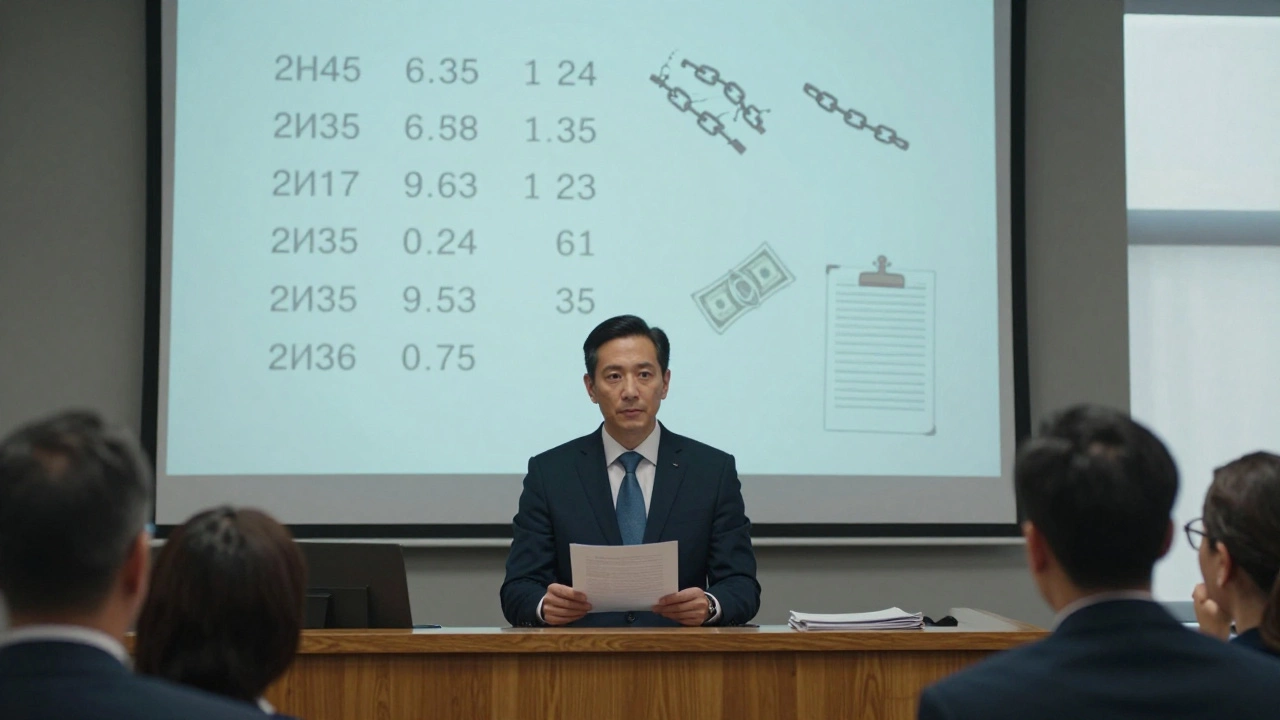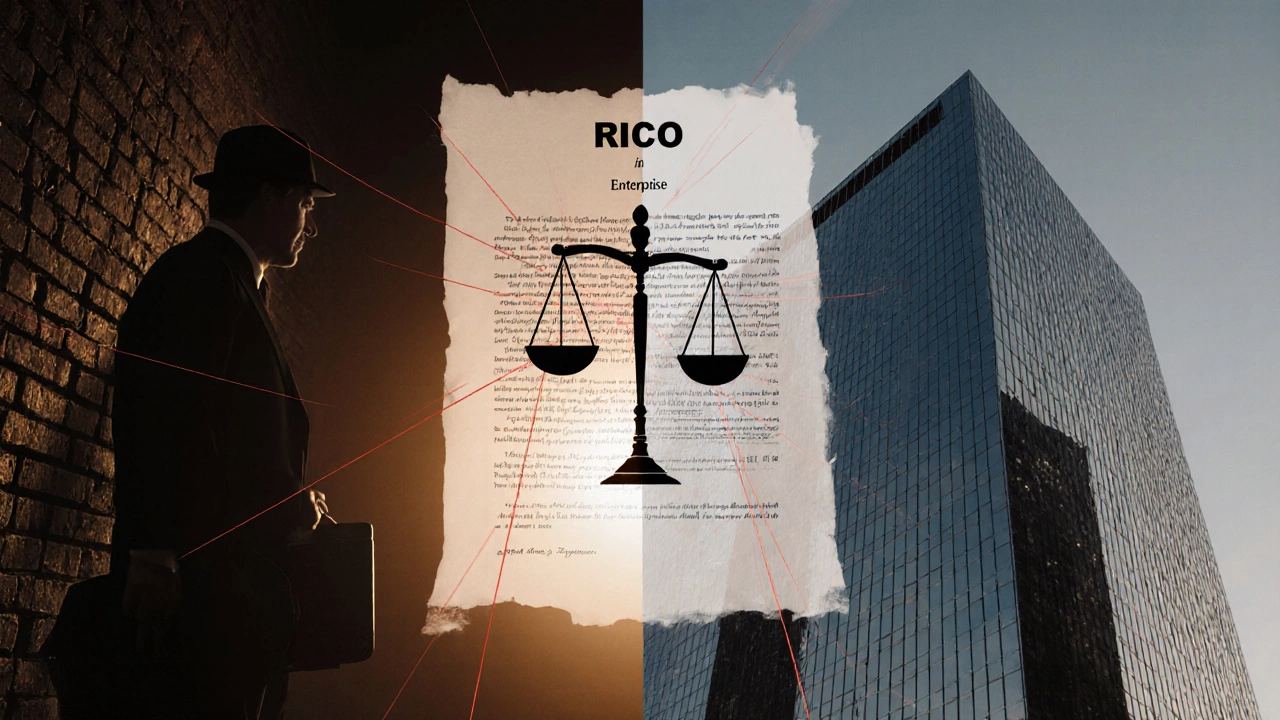RICO Charge: A Practical Guide to Understanding and Responding
When dealing with RICO charge, a federal accusation under the Racketeer Influenced and Corrupt Organizations Act that targets organized crime and related offenses. Also known as RICO indictment, it allows prosecutors to go after entire criminal enterprises, not just individual actions.
At its core, a RICO charge, covers any pattern of racketeering activity such as bribery, fraud, or money laundering. Organized crime is the most common context, meaning a group that commits at least two related illegal acts within a ten‑year period. This link between the charge and the enterprise creates a powerful tool for the federal prosecution, which must prove the existence of an enterprise and a pattern of racketeering. The result is often steep criminal penalties plus the possibility of a civil lawsuit that can recover millions from illicit profits.
Key Elements You Need to Know
First, the law requires a “pattern.” That's more than a single crime; it’s at least two predicate offenses that show continuity. Second, the “enterprise” can be a formal organization, a loose association, or even an informal network of individuals. Third, the prosecution must demonstrate that the defendant participated in the enterprise’s illegal conduct. Money laundering, often serves as the financial backbone of a RICO case, tying illicit cash flow to the broader criminal scheme. Understanding these three pillars helps you see why a RICO charge can feel overwhelming but also where defenses can focus.
Defenses vary. Some challengers attack the pattern requirement, arguing the alleged crimes are unrelated. Others dispute the existence of an enterprise, claiming the alleged “group” is merely a collection of independent actors. A third strategy attacks the connection between the defendant’s actions and the broader scheme, especially when “knowledge” of the enterprise is a contested point. Because the statute is broad, a skilled attorney can often narrow the scope of liability by highlighting gaps in the prosecution’s proof.
Beyond criminal penalties, a RICO charge can trigger a civil RICO lawsuit, where victims seek treble damages and attorney fees for losses caused by the racketeering activity. This double‑edged threat makes early legal counsel critical. Whether you’re facing a federal indictment or a civil complaint, the same core elements—pattern, enterprise, and participation—guide both defensive and settlement discussions.
All this technical detail might sound heavy, but the bottom line is simple: a RICO charge tries to dismantle an entire criminal operation by hitting the people who run it and the money it generates. Knowing the building blocks—organized crime, federal prosecution, money laundering, and civil remedies—gives you a roadmap to navigate the process, protect your rights, and possibly limit exposure.
Below you’ll find a curated set of articles that break each of these pieces down further, from real‑world examples of RICO prosecutions to step‑by‑step guides on building a defense strategy. Dive in to get the concrete advice you need to handle a RICO charge with confidence.

Has Anyone Ever Beaten a Rico Charge? Real Cases and How It’s Done
People have beaten RICO charges by breaking the pattern of crimes, challenging the existence of a criminal enterprise, and exploiting legal loopholes. Real cases show it’s possible - but only with the right defense.

RICO Charge Explained: What It Is, Penalties & Defenses
Learn what a RICO charge means, its key elements, penalties, real cases, defenses, and civil remedies in a clear, actionable guide.